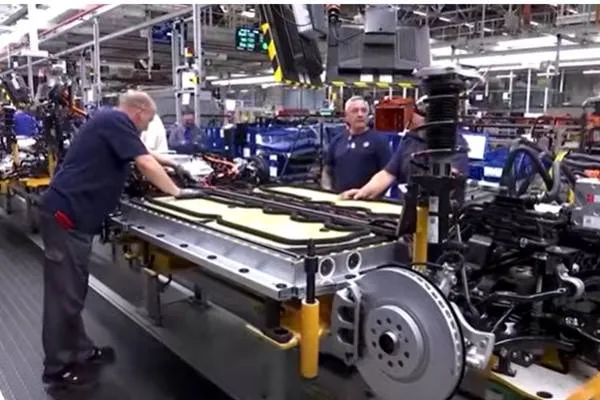Volkswagen workers in Germany go on strike today
Berlin, December 2 (Hibya) - Workers at Volkswagen factories in Germany will go on strike starting Monday due to the carmaker's plans to lay off thousands of employees, cut wages, and close factories in Germany for the first time.
Thorsten Gröger, the chief negotiator of the IG Metall union with VW, announced that "warning strikes," which typically last a few hours, would begin at all VW factories. He said, "If necessary, this will be the toughest collective bargaining battle Volkswagen has ever seen."
The union leader accused VW management of worsening the situation: "Volkswagen has set our collective agreements on fire," said Gröger.
VW's plans to close at least three factories for the first time in its 87-year history in Germany, lay off thousands of employees, and cut wages by 10% have led to a sharp dispute with the union and works council.
The VW Group, which includes Audi and Porsche, is Germany's largest employer, with approximately 300,000 employees, about 120,000 of whom are covered by collective agreements.
VW is grappling with weak consumer demand, the cost of transitioning from internal combustion engines to electric vehicles, and intense competition from China. The company cited weak electric vehicle sales as the primary reason for the need for deep cost reductions.
VW management said that declining demand for cars in Europe, along with higher labor, energy, and raw material costs, required a "worsening economic situation" that necessitated "fundamental restructuring."
The union and works council proposed plans they claimed could save 1.5 billion euros in labor costs without closing factories. The plans include shorter working hours at some plants, foregoing future pay raises, and forgoing bonuses for managers and staff.
British News Agency
















